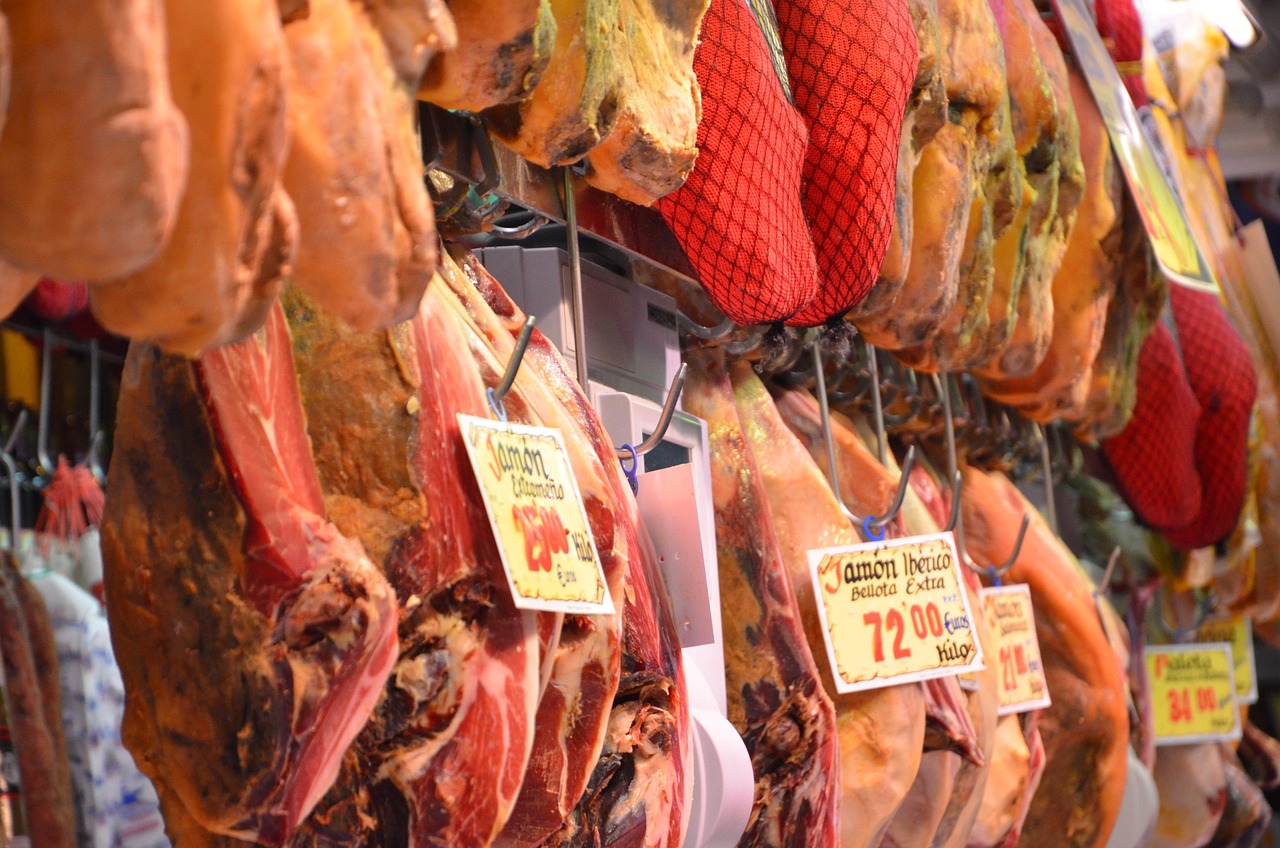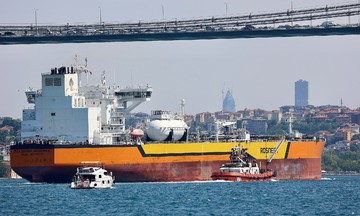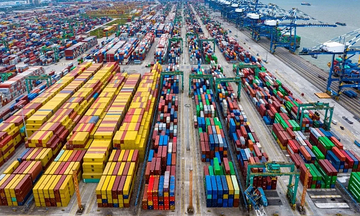China's Ministry of Commerce announced on 5/9 that it will impose anti-dumping tariffs ranging from 15.6% to 62.4% on pork imported from the EU, starting on 10/9. These are provisional tariffs, and China will require EU pork exporters to deposit funds. It's unclear whether these funds will be refunded and, if so, under what conditions.
The decision follows a preliminary finding by the Ministry of Commerce that Europe is dumping pork and pork products into China. Dumping is the practice of selling goods at a price lower than the cost of production or lower than the selling price in the exporter's domestic market. According to Beijing, EU-produced pork is causing "serious damage" to the domestic pig farming industry.
 |
Cured pork sold in Madrid, Spain. Photo: Pixabay |
Cured pork sold in Madrid, Spain. Photo: Pixabay
China launched an investigation into pork imports from the EU in 6/2024, a few days after the EU imposed provisional tariffs on Chinese electric vehicles. The investigation covers fresh and frozen pork, intestines, and other offal products. The most affected countries are Spain, the Netherlands, and Denmark.
Pork exports from the EU to China peaked at 7.4 billion euros (7.9 billion USD) in 2020, when Beijing had to import to meet domestic demand due to African swine fever decimating its pig herds. Since then, the value has decreased to 2.5 billion euros (2.6 billion USD) in 2023, with almost half coming from Spain.
China and the EU currently have several trade disputes across various sectors. In 7/2024, Beijing imposed anti-dumping duties on European brandy, especially French cognac, although major brandy producers were exempt. China is also investigating potential dumping of dairy products from Europe.
Phien An (according to AP)












